Hark! The Herald Angels Sing! for Cello Quartet
 Instant Download
Instant Download
Details
Description
SKU: A0.841364
Composed by Felix Bartholdy Mendelssohn, Samuel Arnold, and William H. Cummings. Arranged by Michele Galvagno. Christmas,Praise & Worship,Sacred. 18 pages. Artistic Score Engraving di Galvagno Michele #6098157. Published by Artistic Score Engraving di Galvagno Michele (A0.841364).This year's Christmas publication choice fell on a song very dear to me: "Hark! The herald angels sing". The text, inspired by Luke’s Gospel (2:14), appears for the first time in a collection of Christmas carols called Hymns and Sacred Poems in 1739, jointly written by Charles Wesley (1707-1788 ) and George Whitefield (1714-1770), two of the founding members of the Methodist movement.
The version we know today is the one adapted by William H. Cummings (1831-1915) from the section "Vaterland, in deinen Gauen" of the Festgesang zum Gutenbergfest, WoO 9, by Felix Mendelssohn-Bartholdy (1809-1847). The story, however, is more complex and articulated than that.
The original version of the text, written by Wesley, bearing the title "Hymn for Christmas-Day," had received only slow and solemn music for its verses, music now almost completely discarded. Also, his original opening lines were "Hark! How all the welkin rings / Glory to the King of Kings ."
The version that has been passed to us is the result of alterations made by different hands, especially those of Whitefield, who changed the initial couplet into the one we know today.
In 1840-one hundred years after the publication of Hymns and sacred Poems-Mendelssohn composed a cantata commemorating Johann Gutenberg’s invention of movable-type printing. The English musician William H. Cummings finally adapted Mendelssohn’s music around 1855 in order to fit the music to the verses and give it its present look.
In this edition we propose the version that every listener expects to hear when reading the title on the programme and, immediately after, one of the few "original" versions that have reached us in their entirety, that is the one set to music by Samuel Arnold (1740-1802) and available today in The British Minstrel, and Musical and Literary Miscellany, vol. 3, published in 1843.
The proposed instrumentations are those of the classical string quartet and the cello quartet. Both variants are very simple to perform and are certainly suitable for small string ensembles formed in musical schools. In the cello quartet version, the only relatively complex part is that of the first cello, which should be left to the teacher or to a student able to play up to the 7th position without excessive troubles.
I hope this music can bring you the serenity that made me prepare it.
This product was created by a member of ArrangeMe, Hal Leonard’s global self-publishing community of independent composers, arrangers, and songwriters. ArrangeMe allows for the publication of unique arrangements of both popular titles and original compositions from a wide variety of voices and backgrounds.
Digital Downloads are downloadable sheet music files that can be viewed directly on your computer, tablet or mobile device. Once you download your digital sheet music, you can view and print it at home, school, or anywhere you want to make music, and you don’t have to be connected to the internet. Just purchase, download and play!
PLEASE NOTE: Your Digital Download will have a watermark at the bottom of each page that will include your name, purchase date and number of copies purchased. You are only authorized to print the number of copies that you have purchased. You may not digitally distribute or print more copies than purchased for use (i.e., you may not print or digitally distribute individual copies to friends or students).
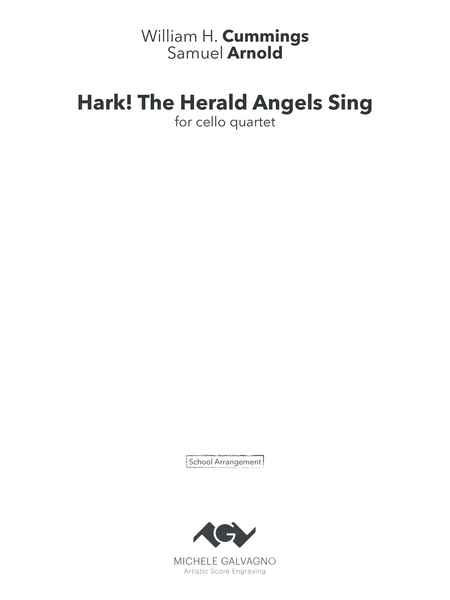

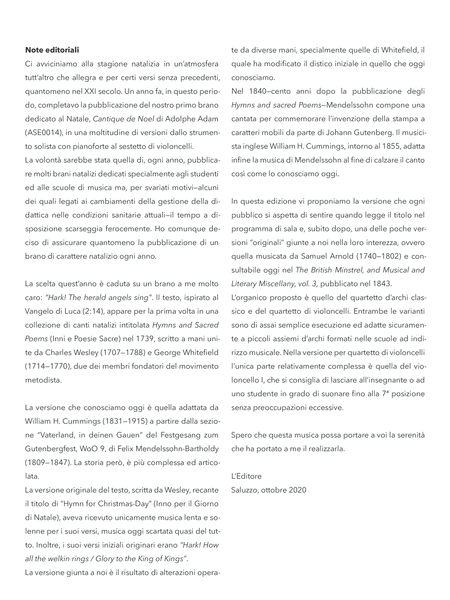
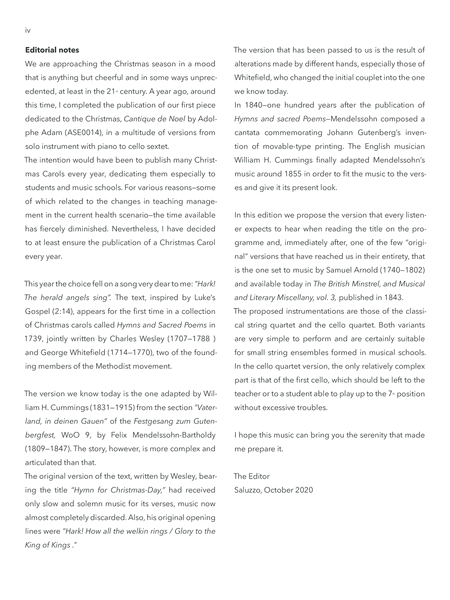
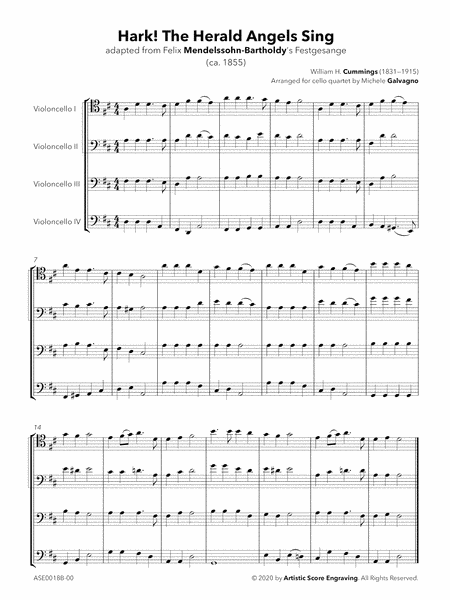
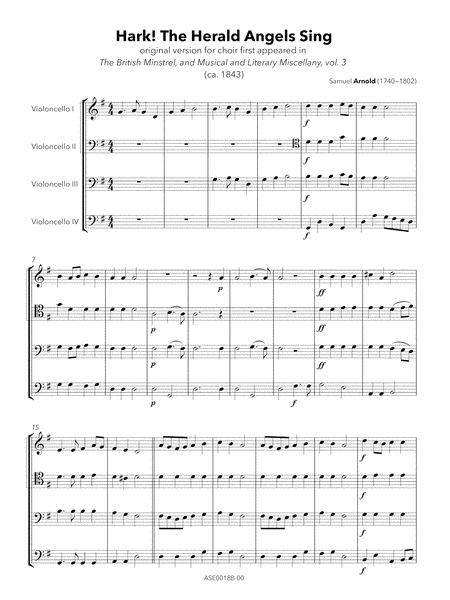
 Share
Share